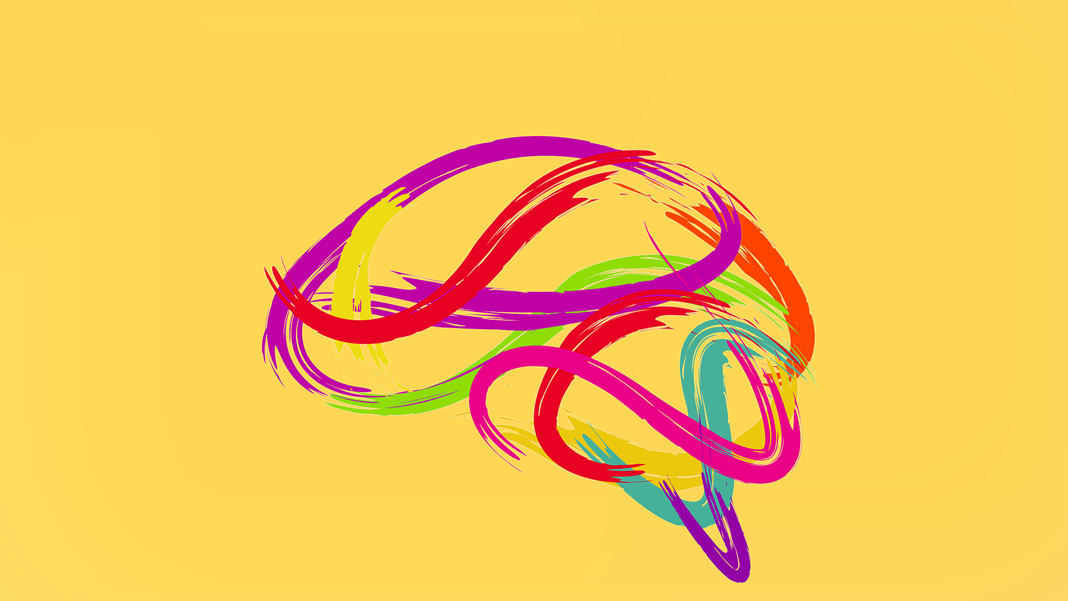
According to a new paper in Cognitive and Behavioral Neurology, these sights, smells, and glances are mere memories, even as I feel that they’re happening in real time. A team from Boston laid out a new theory of consciousness that inextricably ties it to memory.
In a nutshell: at its core, consciousness evolved as a memory system. Rather than perceiving the world in real time, we’re actually experiencing a memory of that perception.
Consciousness, in turn, acts as a part of our memory to help tie events together into a coherent, serial narrative that flows with time-rather than snippets from a disjointed dream.
“Our theory is that consciousness developed as a memory system that is used by our unconscious brain to help us flexibly and creatively imagine the future and plan accordingly,” said author Dr. Andrew Budson.
Viewing consciousness through the lens of a memory system could provide new clues to brain disorders, such as stroke, epilepsy, dementia, and others that impair memory or consciousness.
The theory also raises questions about animal, AI, and mini-brain consciousness, helping neuroscientists further probe how the conscious and unconscious brain work together every second of our lives.
Consciousness has tickled the brains of our greatest thinkers for thousands of years.
Broadly speaking, consciousness is a personal experience of the world, including our own existence.
Here, consciousness arises from the neural architecture and interconnectedness of brain networks.
The physical and data processing properties of neural networks-particularly, the rear regions of the brain-by themselves can generate consciousness.
Other theories dig deep into the complex web of neural connections, suggesting that information loops between brain regions, extended in time and space, generate consciousness.
The new theory took inspiration from previous ideas and experimental data, coming to a surprising conclusion: that consciousness evolved as part of memory-in fact, it is the process of remembering.
Scientists have long linked consciousness to episodic memory, a “Journal” of our lives encoded by the hippocampus. Intuitively it makes sense: what we consciously experience is essential for forming “Life” memories, which associates different aspects of an event in time. The authors argue that consciousness works hand in hand with the brain’s memory networks, together forming a “Conscious memory system” that gives rise to consciousness.
So why do we value consciousness as a way to perceive, interpret, and interact with the world? Consciousness may have evolved together with memory so we can remember. There, it acts as a cue to retrieve a previous memory of the same bark, and the face of an overzealous puppy eager to nip ankles.
Here, consciousness is absolutely integral for the entire sequence.
The crux, the authors explain, is that consciousness, as a critical part of memory, can help to flexibly and creatively combine memory to plan future actions. Or in their words, “There is no reason that consciousness needs to operate in real time.”
It further allows us to project into the future or reach into the depths of creativity and imagination, sketching new worlds based on memory, but with new ways of combining those elements.
A consciousness memory system makes sense of disjointed unconscious information, time-stamping each bit so that the recollections roll like a movie.
By reframing consciousness as part of memory, the team hopes the theory can help patients with neurological disorders.
People with stroke that affects the cortex or surrounding neural highways often have an impaired ability to use memories to solve problems or plan for the future.
Those with dementia, migraines, or epilepsy similarly have disturbances that cause disruptions in consciousness and memory, with the two often linked.
Testing the theory experimentally can “Bring us closer to understanding the fundamental nature and anatomical basis of consciousness.”
